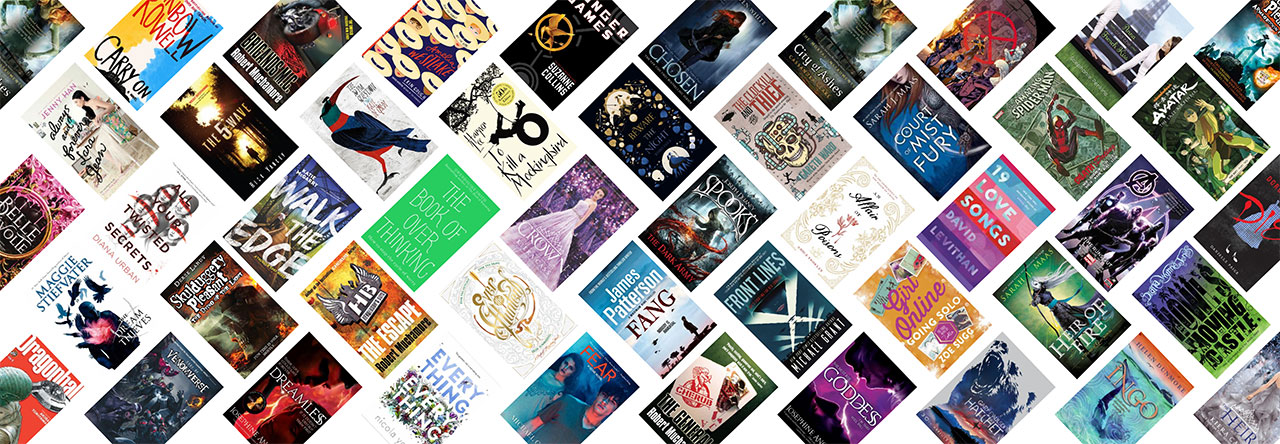Tūhono, Wellington City Libraries’ poetry journal for children and teens, will soon be opening for submissions! From 1 April – 12 May, we will be accepting submissions of poetry from young writers aged 5 – 18 in Wellington City. In previous years we have published more than 200 young poets in Tūhono — so this year we’ll again be splitting it into two books, one for kids and one for teens.
Unlike some other poetry journals, having your work accepted in Tūhono is not a competition — as long as you follow the rules of submission, every piece of work that gets sent to us will be published. Tūhono itself will be published as an eBook on OverDrive, and in a limited print run for our libraries, so that everyone with a library card can borrow it and bask in your talent and glory! Check out previous editions of Tūhono on our catalogue here.

Let your poetic thoughts take wing!
Here is all the information you need in order to submit a poem for inclusion in Tūhono 2024:
When?
- Submissions are open from 1 April – 12 May 2024.
- The journal will be published and available to borrow from the library in late 2024.
Where?
- Submit your poem here: Tūhono 2024 Submissions
Who?
- Anyone between the ages of 5 and 18 who lives in the Wellington region may participate.
- You may submit as an individual or as a group.
What?
- Theme: We want you to write a poem on the theme of “Tūmanako | Hope.” The kupu Māori ‘tūmanako‘ has a wide range of meanings, including the act of hoping or wishing for something to happen, as well as hope as an object — something that you greatly desire, yearn for, or wish to be so. When you are writing your poem, you might like to think about some of the following questions, but as always with Tūhono, there is no one way we expect you to respond to this theme:
- Act of hoping — how does hope make you feel? What does hope help you to achieve? What does hope mean to you? When you are hoping for something to happen, what thoughts and feelings come into your mind? How does the act of hoping make your body feel?
- Hope as an object — Do you hope for something tangible, like a new thing to own? What does that thing look like, smell like, taste like, sound like, or feel like? Do you hope for something intangible, like world peace? What does that look like, smell like, taste like, sound like, or feel like? When you have gained (or not) the thing that you have hoped for, what do you think that will feel like?
- Length: Your poem should not be longer than one A4 page typed, with size 12 font and 1.5 line spacing. Only one poem per person will be accepted.
- Language: Your poem may be written in English or te reo Māori.
- Format: Your poem should be submitted as a .doc, .docx, or .txt file.
Why?
- We want to give all young people in Wellington the opportunity to have their work published on an accessible platform. We think everyone deserves a platform and the chance to see something they created be part of the library’s collection, alongside all the other great authors and poets represented on our shelves. Tūhono aims to be a uniquely Wellington collection of writing, capturing the thoughts and emotions of kids and teens from all over the city and region across time. We consider ourselves lucky to be able to provide this platform for your creativity to take wing.
Throughout the months of April and May, we will be posting regular updates on this blog providing inspiration for your writing — so keep your eyes peeled! If you would like more information about Tūhono, you are more than welcome to contact the editors here. Happy writing, everyone! We are so excited to see what you come up with.




